Here on the Gulf Islands of British Columbia, more Trouble (with a capital T) is brewing for the birds – in the form of the Trans Mountain (TM) Pipeline expansion, owned by Kinder Morgan. (You might be familiar with this oil giant owned by former Enron executives.) The expansion, often referred to (inaccurately) as a “twinning”, would lead to a three-fold increase in the number of oil tankers, many of them much bigger than the ones currently in use. Eventually, over 400 tankers a year would travel right through the Salish Sea, past the shores of the Gulf Islands (including my home, Gabriola Island) to the Strait of Juan de Fuca and then, in most cases, on to Asia. This route along our coast is habitat to more than one billion birds, including more than a million seabirds and twenty-four ‘priority bird species’ that migrate along the Pacific Flyway from Central America to Alaska, including these:
The tanker route goes through or by three internationally-recognized Important Bird Areas (IBAs) including Burrard Inlet, the Fraser River Estuary, and Active Pass. These IBAs are critical for the maintenance of the world’s bird populations; they support millions of nesting, wintering, and migrating birds.
Even if there were some unimaginable miracle (truly, that’s what it would take) and no tankers ever spilled any oil or dumped any dilbit (if you believe this is likely, please let me know so I can sell you a bridge or at least inundate you with scientific papers and research,) the chronic oiling of marine birds will be disastrous. The National Response Center, the sole federal point of contact for reporting oil and chemical spills in the U.S. and its territorial waters, has found Kinder Morgan responsible for more than 1,800 violations since it was incorporated in 1997, nearly 500 of which are pipeline “incidents” and, since reporting began in 1961, 78 spills along the pipeline route. (Conversations for Responsible Economic Development, “Assessing the Risks”.) According to lawyers for Nature Canada addressing the National Energy Board during the Northern Gateway pipeline hearings, “Chronic, ship-source discharges of oily effluent pose a larger problem than large-scale catastrophic oil spills.” (Globe & Mail, December 11, 2012). Yikes. Not good news.
Forget catastropic – even a medium-sized spill would cover and contaminate our shores, marine mammals, invertebrates, and BIRDS with highly toxic tar sands “oil”. And since any spill response recovers a maximum of only 25% of the oil, that leaves 75% of it in the environment – forever. If it is bitumen, it will, within 26 hours, sink, remaining on the ocean floor, out of sight, but doing its toxic damage. (http://thetyee.ca/News/2013/05/23/Bitumen-Does-Not-Float/),
The news gets worse: Although the company whose oil tanker spills is required to pay for at least part of the clean up of the shores, in BC “there is no duty of care for the wildlife that inhabits that same environment.” (Wildlife Rescue Association (WRA) Newsletter Fall 2012, p 1). WRA President Jackie McQuillan says, “We are woefully unprepared. Here in BC we don’t have the equipment, facilities, or professionally trained personnel to deal with even minor oiled wildlife incidents.” (ibid) How many birds will die of poisoning and/or suffocation? The sad truth is that even one drop of oil can be lethal to a bird. “When oil sticks to a bird’s feathers, it causes them to mat and separate, impairing waterproofing and exposing the animal’s sensitive skin to extremes in temperature. This can result in hypothermia, meaning the bird becomes cold, or hyperthermia, which results in overheating. Instinctively, the bird tries to get the oil off its feathers by preening, which results in the animal ingesting the oil and causing severe damage to its internal organs.” (http://www.bird-rescue.org/our-work/research-and-education/how-oil-affects-birds.aspx )
And even with de-oiling and rehabilitation, some experts say that most birds die anyway. Referring to the massive numbers of oiled birds following the BP Oil spill in April 2010, Silvia Gaus, biologist at the Wattenmeer National Park along the North Sea in Germany wrote: “According to serious studies, the middle-term survival rate of oil-soaked birds is under 1 percent. We, therefore, oppose cleaning birds.” (http://www.spiegel.de/international/world/gulf-of-mexico-spill-expert-recommends-killing-oil-soaked-birds)
Sadly, the birds have no voice when it comes to the exploitation of their habitat by Big Oil. So if you want to protect the Pacific Flyway birds from this disaster-in-the-works, please let the government know. Write letters to BC politicians. Talk to your friends and neighbours about your concerns. Attend a rally. Support organizations opposing the project. The Dogwood Initiative (dogwoodinitiative.org) and The Georgia Strait Alliance (www.georgiastrait.org) and Conversations for Responsible Economic Development (credbc.ca) are good places to get information and direction on how to help.
Thank you.



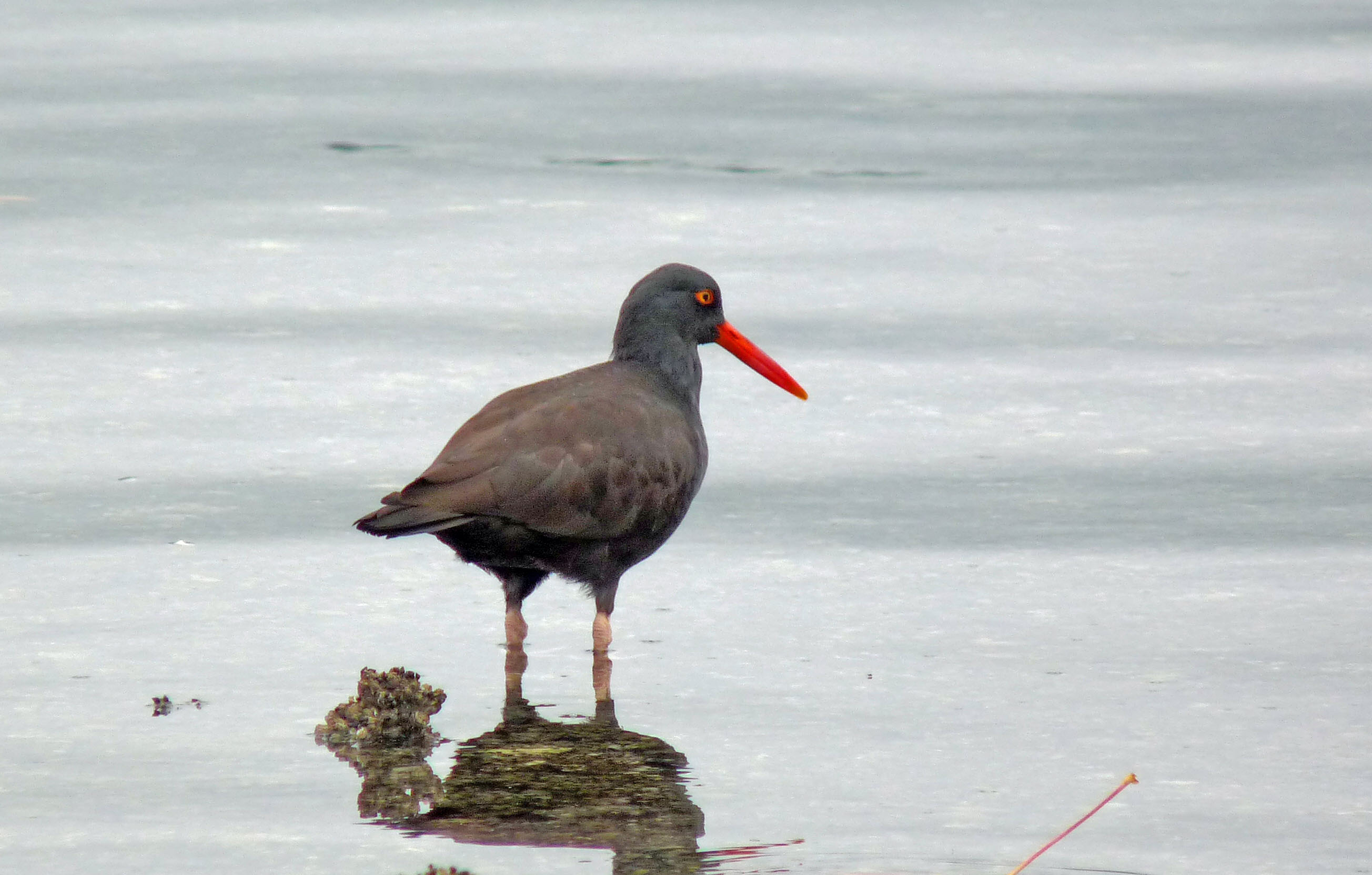
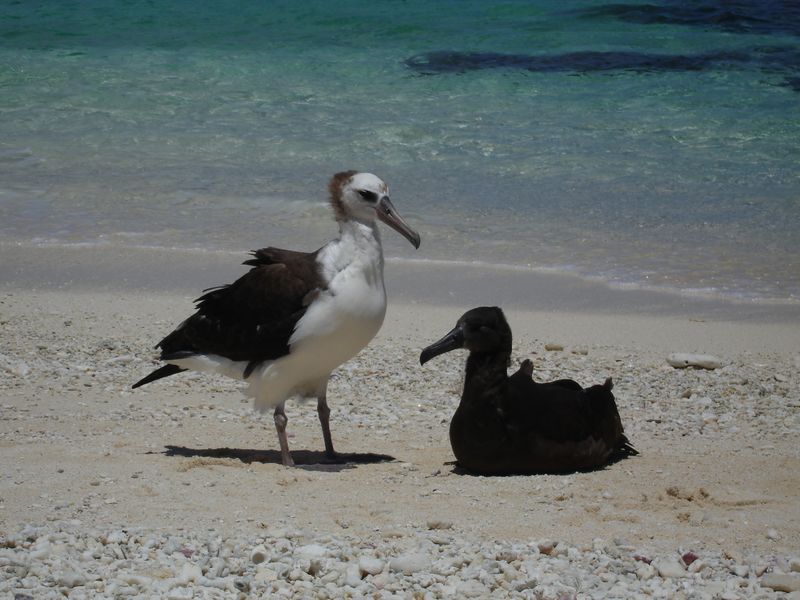
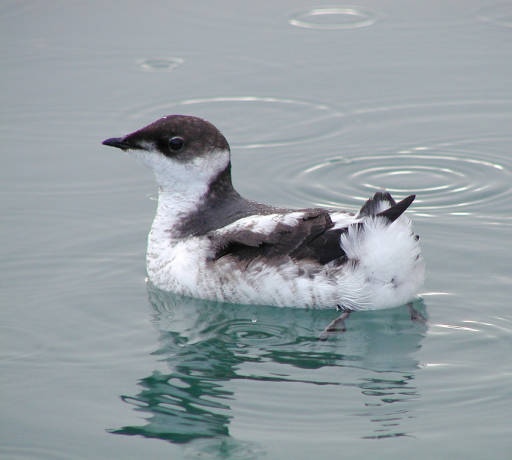
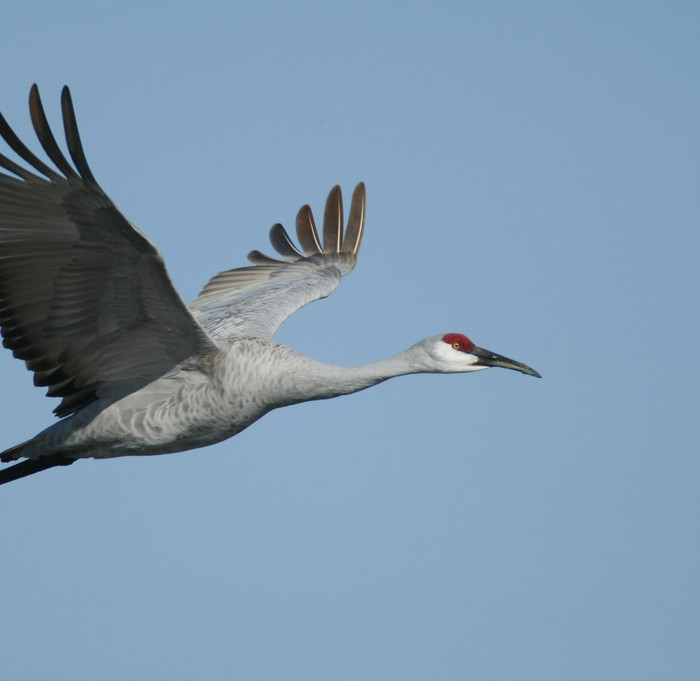
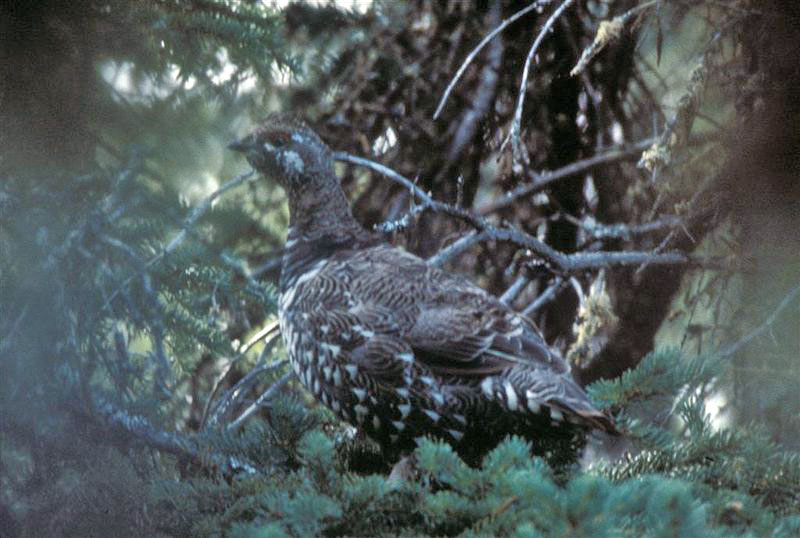
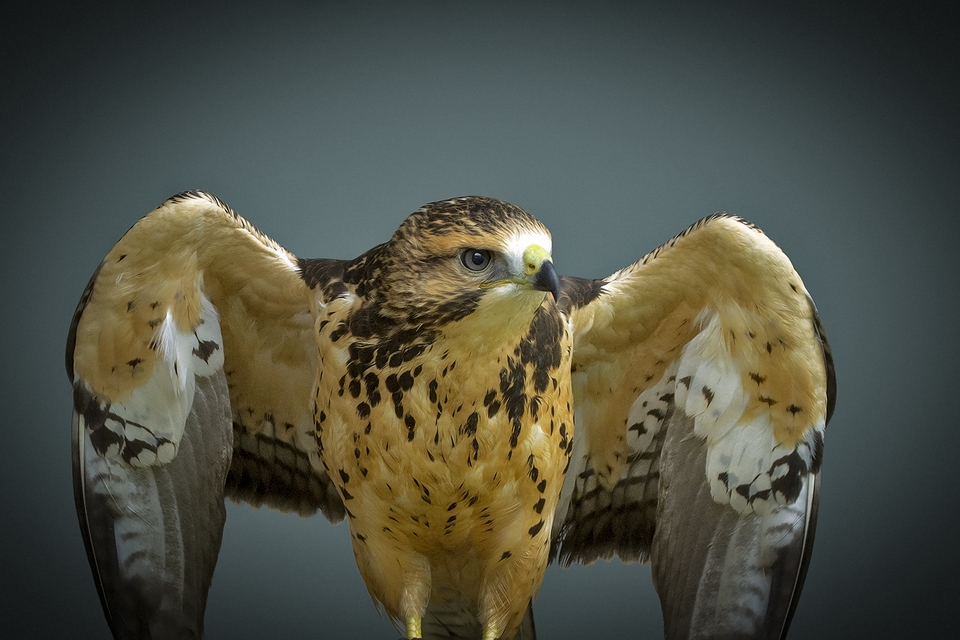
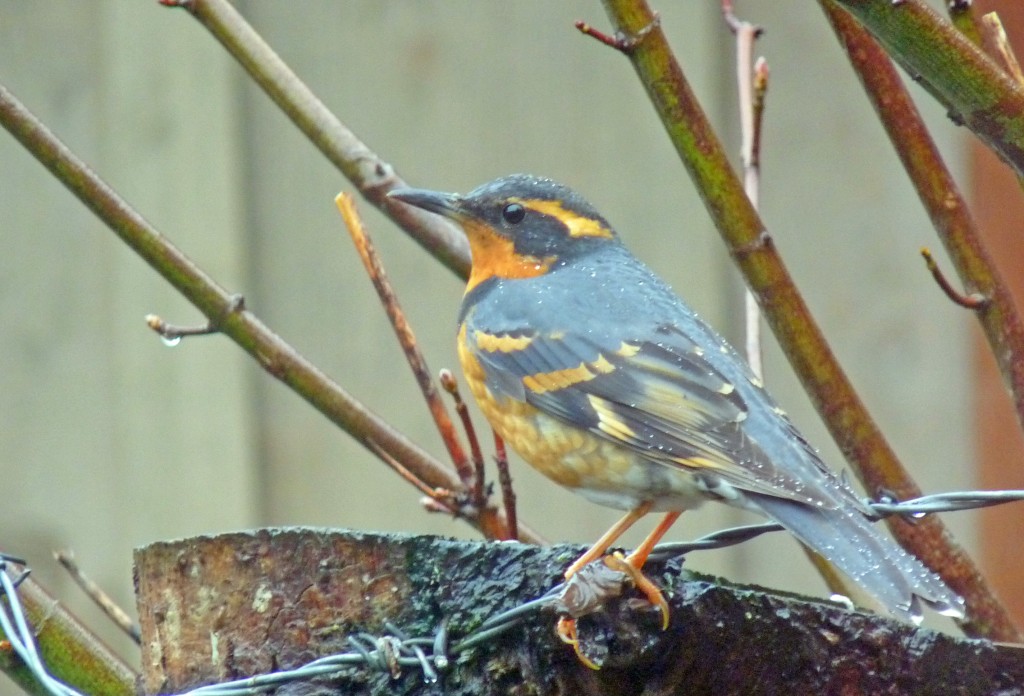
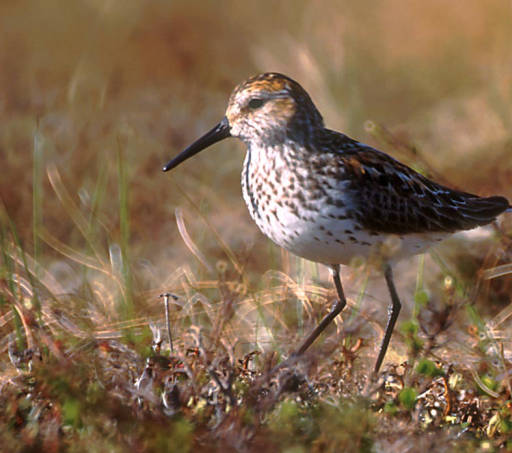
Well done Sharon! I appreciate your attention to detail and pro-active initiatives!!
Heide – Thanks. Feel free to forward it to any and all who might be interested.
Thank you.
Pingback: Kinder Morgan expansion — endangering birds | SOS Gabriola
Excellent article!
Thank you, Sharon, once again for getting the word out so graphically— is there any way to send this out to wider circles? Newspapers, T.V., other online stuff? Many, many thanks — hugs — Heide
Thanks Ann. Indeed, it will be a ‘horrific spectre’.
Sounds good to me. Thanks Burtt.
Excellent article Sharon. How about a link to this on the SOS website? sosgabriola.org
Sharon, what impact this article makes on a reader! First, my wonder captured by these illustrations of the glorious beauty and variety of bird species that grace the coastal region, I read on with trepidation. Thank you for bringing home so forcefully the horrific spectre of oilspill expected from the pipelines and tanker plans of Kinder Morgan.
Thanks for your thoughts Zulis. I agree – 100%!
Great article/photos Sharon, spelling out the realities of the decimation that (current and potential) tanker and other boat traffic have on bird and other sea animal/plant life. Time for all of us to stand up for the environment and all life and steer in direction of safe, sustainable/non-fossil fuel energy sources.